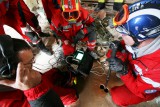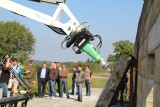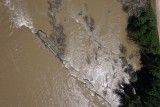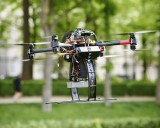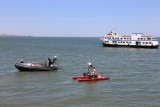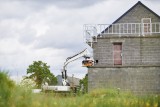Search & Rescue
Search and rescue (SAR) is the search for and provision of aid to people who are in distress or imminent danger
The general field of search and rescue includes many specialty sub-fields, mostly based upon terrain considerations.
ICARUS will mainly focus on two types of SAR: Urban Search and Rescue (USAR) and Maritime Search and Rescue (MSAR).
Urban search and rescue involves the location, extrication, and initial medical stabilization of victims trapped in confined spaces due to natural disasters, structural collapse, transportation accidents, mines and collapsed trenches.
USAR teams in different countries may be organised in a variety of ways, but they are often associated with firefighting services.
The increasingly complex methods and procedures, and the modern ability to bring in teams from far afield has brought a very strong drive for standardization within nations and internationally, most obvious in the role of the UN’s International Search and Rescue Advisory Group (INSARAG) in large natural disasters.
Urban search-and-rescue is considered a multi-hazard discipline, as it may be needed for a variety of hazards including earthquakes, cyclones, storms and tornadoes, floods, dam failures, technological accidents, terrorist activities, and hazardous materials releases.
Maritime search and REscue is the coordinated search and rescue of the survivors of emergency water landings as well as people who have survived the loss of their sea-going vessel. MSAR can involve a wide variety of resources including seaplanes, helicopters, submarines, rescue boats and ships. Specialized equipment and techniques have been developed.



